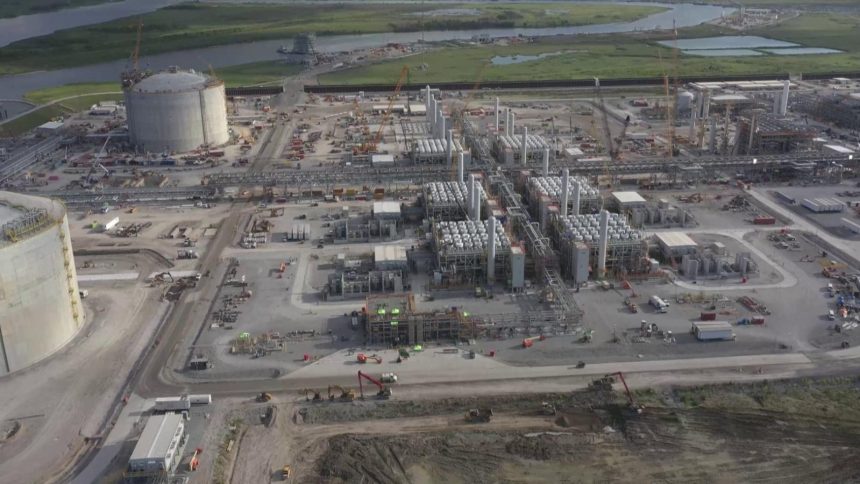This story, a joint effort by The Bureau of Investigative Journalism and Grist, uncovers how Santander exploited its climate policy loopholes to raise funds for LNG facilities relying on fracked U.S. gas. The bank quietly relaxed its policy, making it easier to finance fracking directly in the future. The LNG terminals, supported by Santander, are part of a carbon-intensive process that generates over a billion metric tons of CO2 annually. Local communities have reported air pollution, contaminated water, and health risks. Despite previous restrictions on financing projects linked to fracking, Santander changed its policy without public notice, allowing exceptions for factors such as energy security. The bank’s actions have raised concerns among environmental experts, as the LNG facilities it financed contribute to pollution and environmental damage. Santander emphasized its commitment to supporting a green transition and setting emission reduction targets, but critics believe the bank needs to exclude financing for projects that support increased oil and gas production. Residents like Roishetta Ozane, impacted by the LNG buildout in the Gulf Coast, feel that banks prioritize profits over people, especially targeting marginalized communities.






